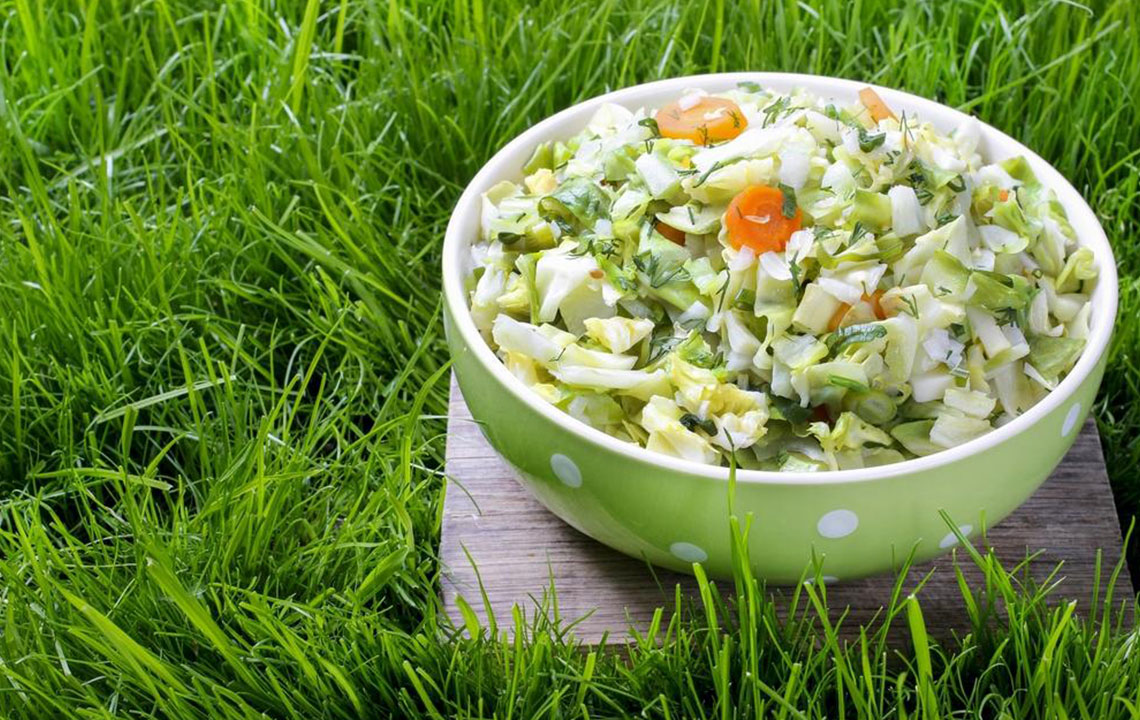Healthy Eating Tips for Managing Diabetes: Foods to Limit and Incorporate
This article offers practical guidance for managing diabetes through diet, highlighting foods to consume and avoid. Emphasizing balanced nutrition, it covers whole grains, vegetables, fruits, and healthy fats, providing tips to enjoy a varied diet while controlling blood sugar levels. Moderation and mindful choices are key in maintaining health and preventing complications. Designed for those seeking sustainable dietary habits, the advice supports long-term well-being and empowerment in diabetes management.

Healthy Eating Tips for Managing Diabetes: Foods to Limit and Incorporate
Diabetes often coexists with issues like high blood pressure and cardiovascular problems. These interconnected health concerns highlight the importance of monitoring your lifestyle, diet, and eating patterns to maintain optimal health.
With proper dietary choices and portion control, diabetes can be effectively managed and even improved. A balanced diet doesn't mean bland food; understanding which foods to avoid and which to enjoy is key. Even treats can be part of your plan if consumed mindfully.
Knowing how certain foods impact your blood sugar is essential. Carbohydrates are converted to glucose, influencing your sugar levels. Choosing the right foods helps keep your levels steady and supports overall well-being.
Here are some guidelines for maintaining a nutritious, enjoyable diet while controlling diabetes.
What foods can you include?
Success with diabetes management relies on a balanced diet tailored to your needs.
This involves maintaining a healthy weight and fulfilling your nutritional requirements. Below are key foods to prioritize and those to limit for better blood sugar control:
Whole Grains
Whole grains are preferable over refined carbs, as they help regulate blood sugar. Suitable options include:
Brown rice, oats, quinoa, millet
Baked sweet potatoes
High-fiber cereals made from whole grains
Shirataki noodles
Foods to avoid: White rice, pasta, instant oatmeal, white bread.
Vegetables
Vegetables are nutrient-rich and high in fiber, making them vital for a healthy diet. Include plenty of:
Fresh, steamed, grilled, or raw vegetables
Leafy greens like kale and spinach
Low-sodium options without added salt
Carrots, beans, onions, squash, eggplant
Foods to avoid: Potatoes, corn, pickled or canned vegetables.
Fruits
Fruits provide vitamins, minerals, and fiber. Opt for those low in sugar and carbs such as:
Fresh strawberries and seasonal fruits
Low-sugar canned fruits
Avoid dried fruits, sweetened fruit sauces, jams, jellies, fruit juices, and sweet beverages.
Coffee
Coffee can offer health benefits and reduce diabetes risk. Enjoy:
Unflavored or lightly sweetened coffee
Low-sugar cappuccinos
Light frappuccinos
Stay away from flavored coffee drinks with added sugars or sweeteners.
Dairy Products
Choose low-fat options like:
Skimmed milk
Low-fat yogurt and cottage cheese
Low-fat sour cream
Avoid regular milk, fruit-flavored yogurts, and ice cream.
Sweets and Sweeteners
Small amounts of natural sweeteners or vinegar are manageable. Limit sugary desserts and processed sweeteners.
Apple cider vinegar
Natural non-caloric sweeteners
Foods to avoid include honey, maple syrup, candies, pies, and cookies.
Proteins
Lean and plant-based proteins support blood sugar stability. Optimal choices include:
Seafood
Plant-based sources such as tofu and legumes
Lean poultry and eggs
Avoid high-fat cheeses and poultry with skin.
Meat
Opt for low-fat meats and fatty fish to minimize fat intake while supporting health. Avoid processed and high-fat meats like bacon and red meats.
Low-fat cuts of meat
Fatty fish like salmon
Healthy Fats and Oils
Incorporate oils rich in healthy fats, such as:
Olive oil
Plant-based oils like avocado and canola
Fish oils
Limit trans fats and industrially processed oils.
Nuts and Seeds
Nuts are nutritious and fiber-rich. Include options like:
Flaxseeds
Almonds, pistachios, walnuts
Chia seeds
Cashews (in moderation)
Avoid coconut and groundnuts (peanuts).
Most food groups can still be enjoyed with mindful eating. Limiting foods high in sugar and fats while focusing on whole, nutrient-dense options helps manage diabetes effectively. Making consistent dietary adjustments promotes long-term health and well-being.










